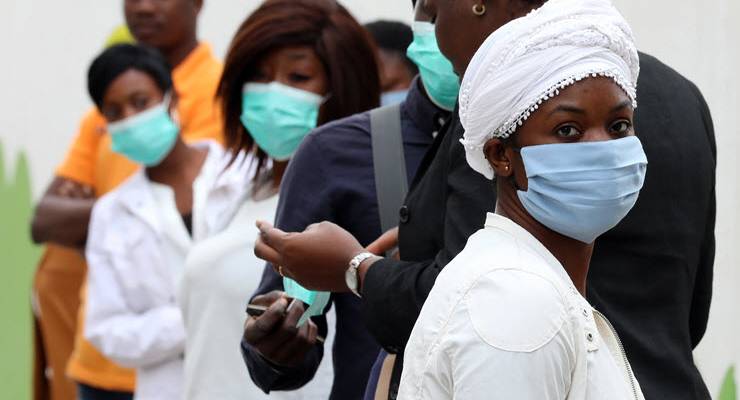
While the whole world will feel the effects of inflation and the reverberations of Russia’s invasion of Ukraine, the poorest and most disadvantaged countries will also face the most severe effects.
Although the energy sector was the first to feel the effects, the more pressing threat of food shortages is looming. The situation has gone from bad to worse. In many countries COVID-19, internal conflict and various climate disasters have pushed stability to the brink. Food shortages were already an issue because of supply chain problems, but the conflict in the “world’s breadbasket” may be the catalyst for a spiralling disaster.
Russia and Ukraine produce 17% and 10% of the world’s wheat respectively. These figures place both nations in the top five wheat producers worldwide. The conflict and related trade embargoes and sanctions have essentially cut off access to their wheat, as well as the abundance of rapeseed, sunflower oil and fertilisers produced in the region.
The countries to be worst-affected by these shortages are those already struggling. And once food shortages set in, the situation only gets worse. António Guterres, secretary-general of the United Nations, said the poorest nations would be hit the hardest “planting the seeds for political instability and unrest around the globe”.
Where hunger will get worse
Sudan
Sudan has seen an increase in internal conflict after years of civil war and last year’s coup. Thousands took to the streets this month to protest against the deteriorating economic situation; a protest in the capital of Khartoum two weeks ago had thousands shrouded in tear gas.
South Sudan
In South Sudan, the process of establishing a democratic system hangs in the balance as political instability threatens to derail the world’s newest nation-state.
Ethiopia
In the unfolding civil war in the Tigray region of Ethiopia, a humanitarian crisis is growing; many of the estimated half a million deaths are from starvation.
Yemen
A famine was already unfolding in Yemen, with the UN calling it the “world’s worst humanitarian disaster” as 2.3 million children under the age of five are “acutely malnourished”. Yemen’s humanitarian crisis also results from internal conflict, stemming from a 2015 military intervention by Saudi Arabia designed to remove the Houthi insurgency, but has instead turned into a years-long military stalemate that has created famine. Efforts to get aid to the country have been difficult, and a limited supply of wheat will only worsen.
Syria
A decade into the civil conflict in Syria, the UN’s World Food Program says the humanitarian crisis is at its worst point. Over the past year, millions of Syrians went hungry. Syria’s currency has faced severe depreciation since 2019, in an ongoing financial situation that looks unlikely to improve given the global situation.
Afghanistan
The humanitarian situation in Afghanistan has rapidly deteriorated since the Taliban retook control last year; Save the Children says more than half the population lacks access to adequate food. This spiralling situation will be worsened by the difficulties in accessing key resources from Ukraine and Russia.
Lebanon
Lebanon’s severe financial crisis driven by huge amounts of debt has left the once prosperous nation at severe risk of political instability. With the precariousness of the financial situation, a lack of access to key resources such as wheat may worsen the situation further, with the feeling on ground suggesting
Food shortages are just the beginning
Malnutrition remains one of the leading causes of death around the world, and the devastation only starts there. Food shortages are directly linked to political instability and in many cases uprising. The Arab Spring uprisings stemmed from food insecurity and economic difficulties — just the most recent example of the well-established phenomenon.
Agriculture analyst Ben Isaacson explains the various uprisings since the 1970s in North Africa and the Middle East and their connection to food insecurity: “What actually led to people going into the streets and protesting? It starts from food shortages and from food price inflation.”








I suspect Russia would be more interested in selling its wheat to the more friendly Global South rather than Western countries who are obsessed with power politics and applying punitive sanctions on Russia all the time.
Yes and they will be paid in Rubles.
And at a discount
“The West” won’t care about these countries. Too busy “supporting” Ukraine and besides Sudan, South Sudan, Ethiopia, Yemen, Syria, Afghanistan and Lebanon aren’t White Western countries.